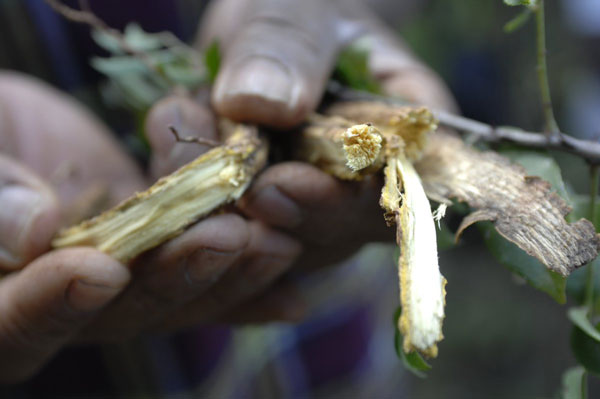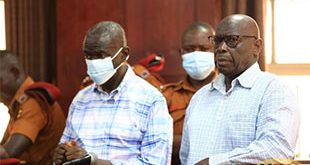
💊 The discovery of aspirin drew on traditional medicine formulations using the bark of the willow tree
💊 The contraceptive pill was developed from the roots of wild yam plants
💊 Child cancer treatments have been based on the rosy periwinkle
Delhi, India | THE INDEPENDENT | The World Health Organization (WHO) has signed an agreement with the government of India to establish the WHO Global Centre for Traditional Medicine.
According to a statement released on Friday by the global health body, the centre will harness the potential of traditional medicine from across the world through modern science and technology since already up to 80% of the world’s population is estimated to use traditional medicine.
To date, 170 of the 194 WHO Member States have reported the use of traditional medicine, and their governments have asked for WHO’s support in creating a body of reliable evidence and data on traditional medicine practices and products.
“For many millions of people around the world, traditional medicine is the first port of call to treat many diseases,” said Dr Tedros Adhanom Ghebreyesus, WHO Director-General.
“Ensuring all people have access to safe and effective treatment is an essential part of WHO’s mission, and this new center will help to harness the power of science to strengthen the evidence base for traditional medicine. I’m grateful to the Government of India for its support, and we look forward to making it a success.”
The term traditional medicine describes the total sum of the knowledge, skills and practices indigenous and different cultures have used over time to maintain health and prevent, diagnose and treat physical and mental illness. Its reach encompasses ancient practices such as acupuncture, ayurvedic medicine and herbal mixtures as well as modern medicines.
But today, national health systems and strategies do not yet fully integrate the millions of traditional medicine workers, accredited courses, health facilities, and health expenditures.
“It is heartening to learn about the signing of the Host Country Agreement for the establishment of Global Centre for Traditional Medicine (GCTM). The agreement between Ministry of Ayush and World Health Organization (WHO) to establish the WHO-GCTM at Jamnagar, Gujarat, is a commendable initiative,” said Narendra Modi, Prime Minister of India.
Traditional medicine is also increasingly prominent in the world of modern science. Some 40% of approved pharmaceutical products in use today derive from natural substances, the statement shows citing different medicines such as aspirin and the recent malaria treatments such as Coartem.
“The discovery of aspirin drew on traditional medicine formulations using the bark of the willow tree, the contraceptive pill was developed from the roots of wild yam plants and child cancer treatments have been based on the rosy periwinkle. Nobel-prize winning research on artemisinin for malaria control started with a review of ancient Chinese medicine texts”, reads the statement in part.
However, while the new WHO centre will be established in Jamnagar, Gujarat, India which will serve as the hub, WHO says the new centre is being designed to engage and benefit all regions of the world.
It will concentrate on building a solid evidence base for policies and standards on traditional medicine practices and products and help countries integrate it as appropriate into their health systems and regulate its quality and safety for optimal and sustainable impact.
***
URN
 The Independent Uganda: You get the Truth we Pay the Price
The Independent Uganda: You get the Truth we Pay the Price


